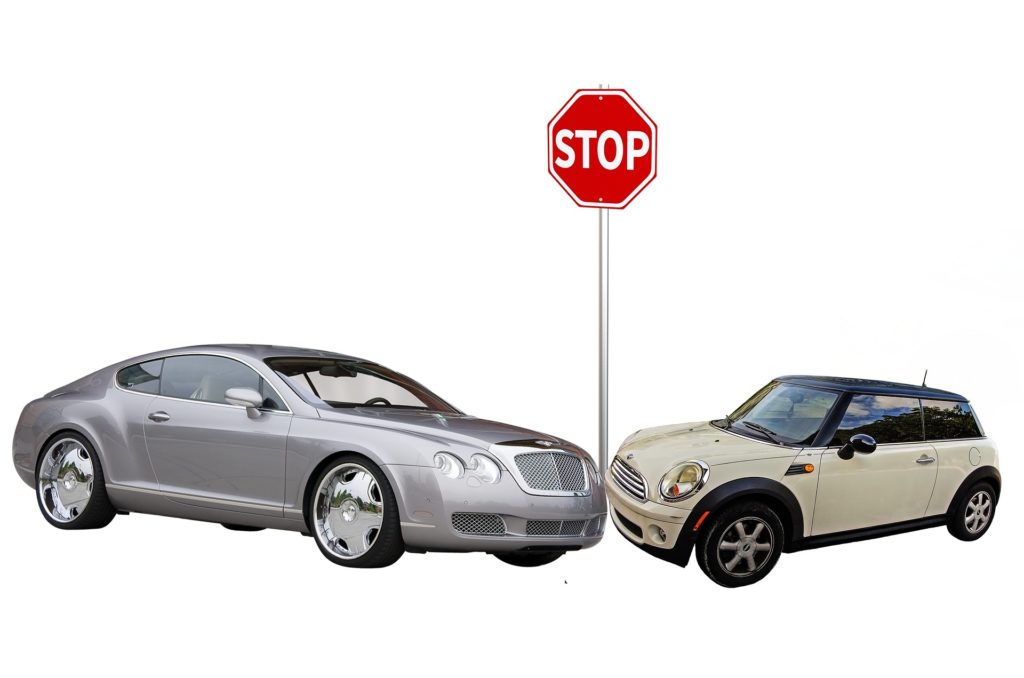
It’s a bit of a sore subject for most people and a quick Google search would quickly identify a lot of reasons people don’t like the auto insurance industry.
This is certainly one of those situations where the bad stories are always made public, while the good ones rarely get reported. This prompts something of a problem for the industry as a whole, and means that a lot of myths have been developed in relation to making a claim.
One company that has vast experience in handling claims is American Auto Shield. Through the rest of this guide, we will take a look at some of the myths that they regularly have to deal with in a bid to even out the industry somewhat.
Myth #1 – “It’s better to pay cash for repairs”
This is something that might feel like an easy way out, particularly as it won’t affect your annual premium when it comes to renewal-time.
Unfortunately, it’s not quite as easy as this. Even though you might have paid a person, there’s nothing stopping them from suing you later down the line. This means that you have paid in cash, yet are still being chased for further money via your insurance.
Myth #2 – “Repairs have to be conducted at auto shops set by the insurer”
Fortunately, this is not true in the slightest. Even though an insurance company might have its own selection of auto repair shops, that doesn’t mean to say that you must use these to get your repairs done there.
Sure, it’s usually recommended, but don’t be afraid of finding your own shops. It’s worth mentioning that it’s usually in your benefit to go with their recommendations though, for the simple reason that they will have negotiated lower prices for parts and labor and this can work in your favor if the total repair bill is much lower. Even though the repair bill isn’t being paid by you, it will affect your premiums in the future and this is something you should always bear in mind.
Myth #3 – “The full amount will be covered by the insurer”
This is perhaps one of the most dangerous myths for customers. There can be some cases where the repairs to a vehicle are so extensive that it’s just more cost effective for the insurance company to buy the car, rather than make the repairs.
This situation can be made slightly more difficult for customers due to the replacement value of cars. This is calculated through all sorts of metrics, and customers are regularly left disappointed as they don’t receive as much as they initially expected.
In short, this is all due to expectations. In the serious cases, where a lot of damage has been incurred, you shouldn’t set the bar too high as you might encounter a situation where the insurer just provides you a replacement car – but the value is lower due to their calculation systems. This is completely allowed and due to the decreased value of the car, it’s reasonable as well.